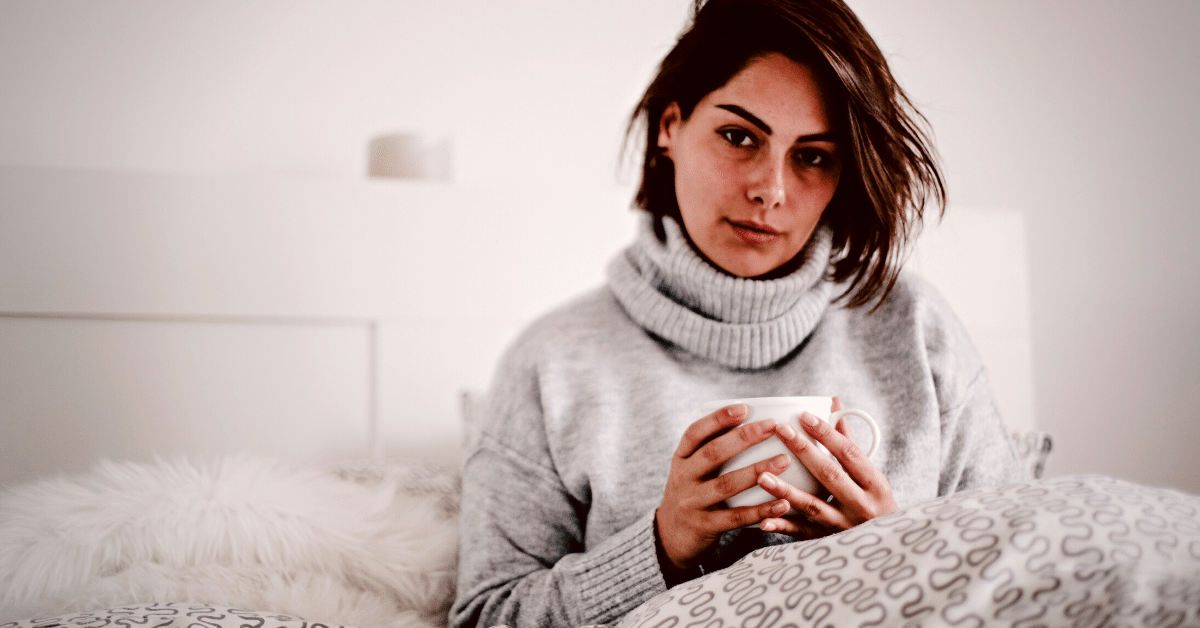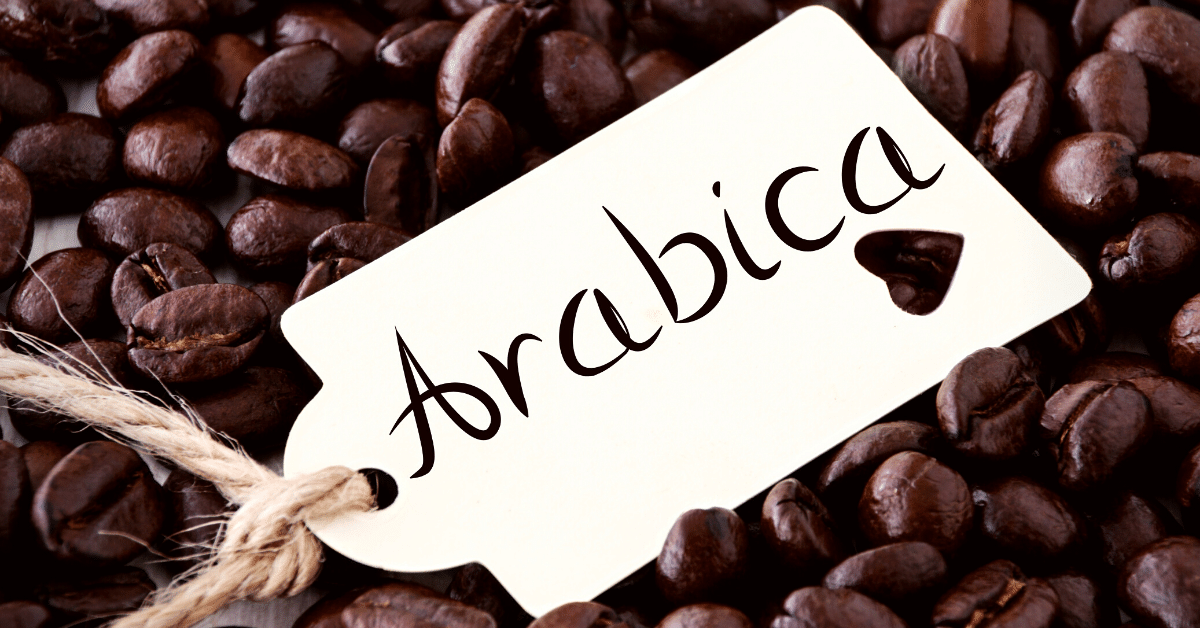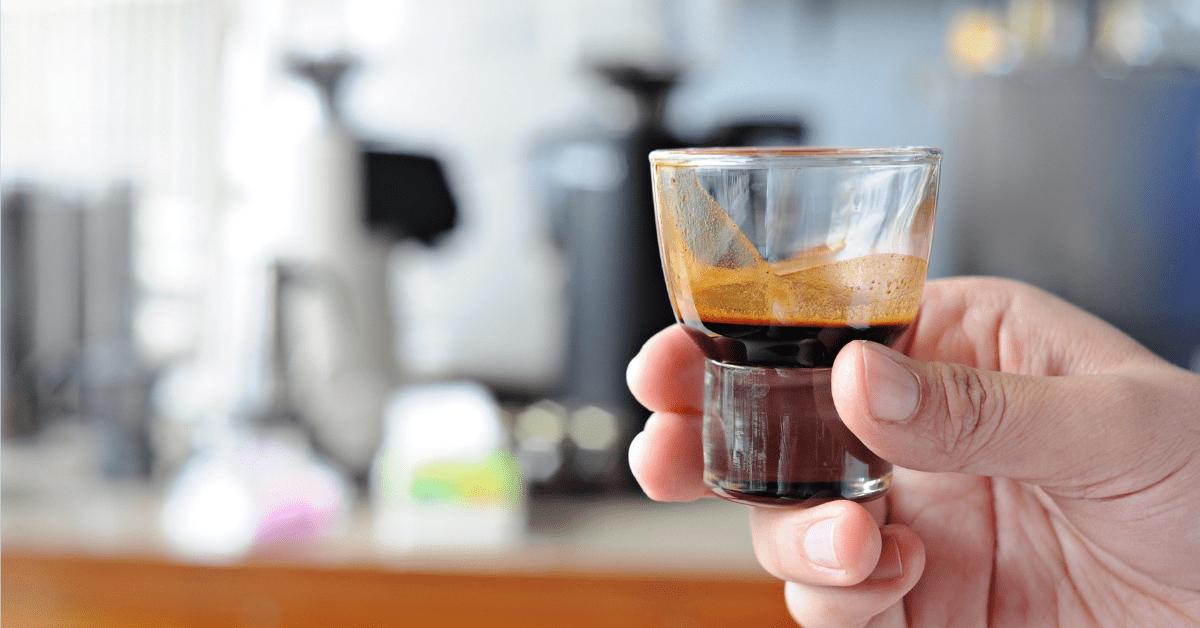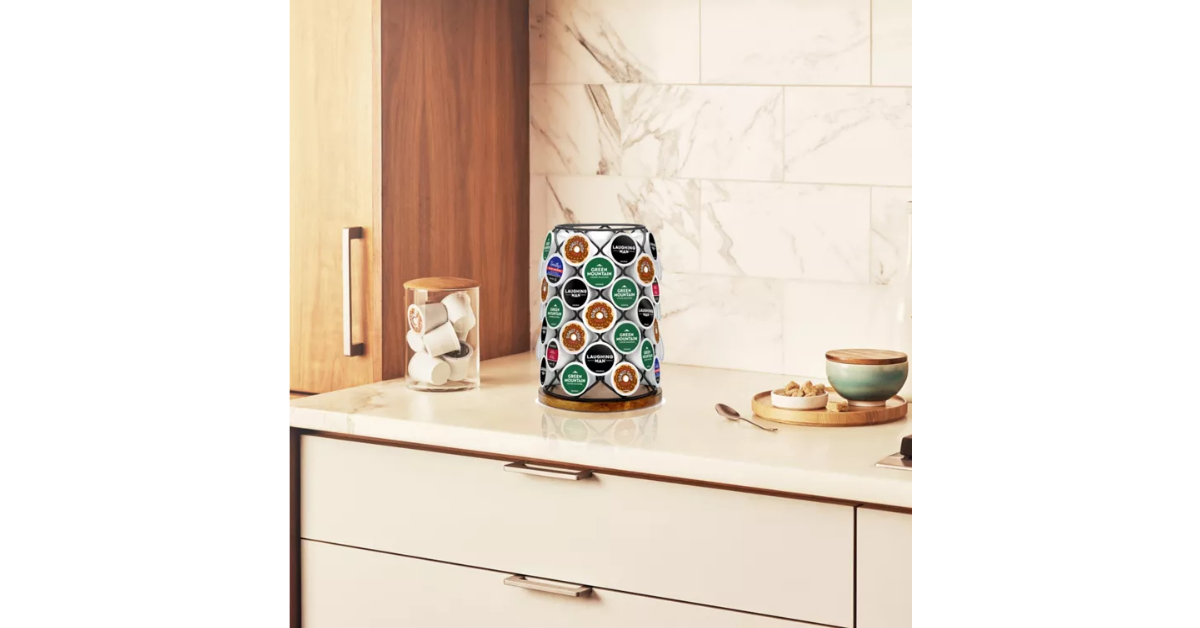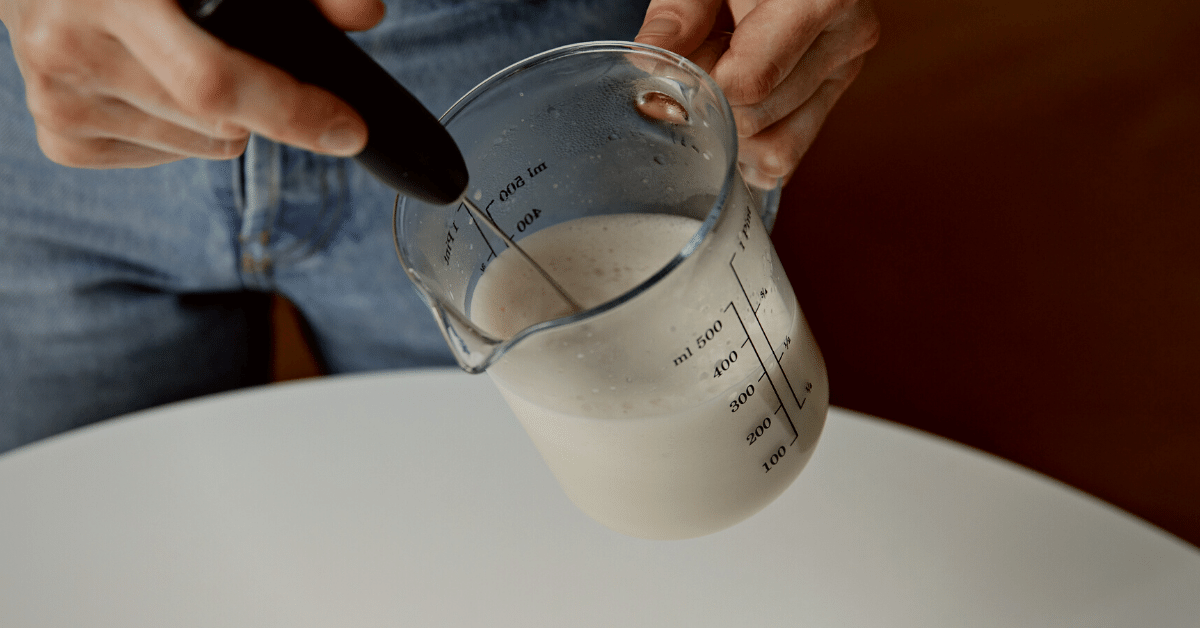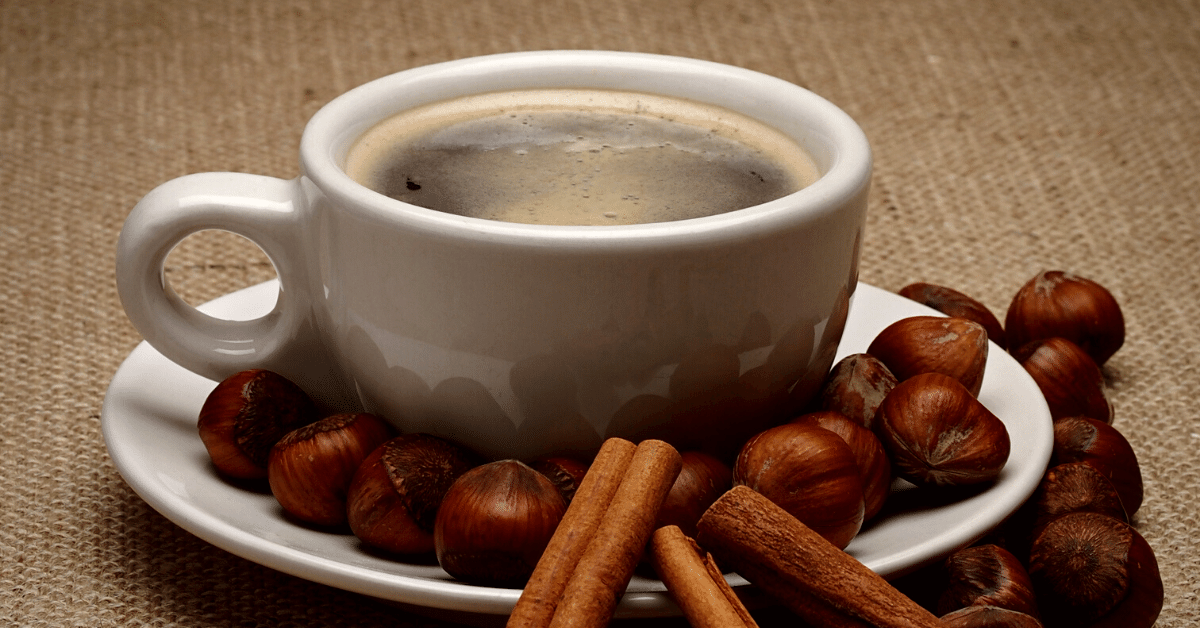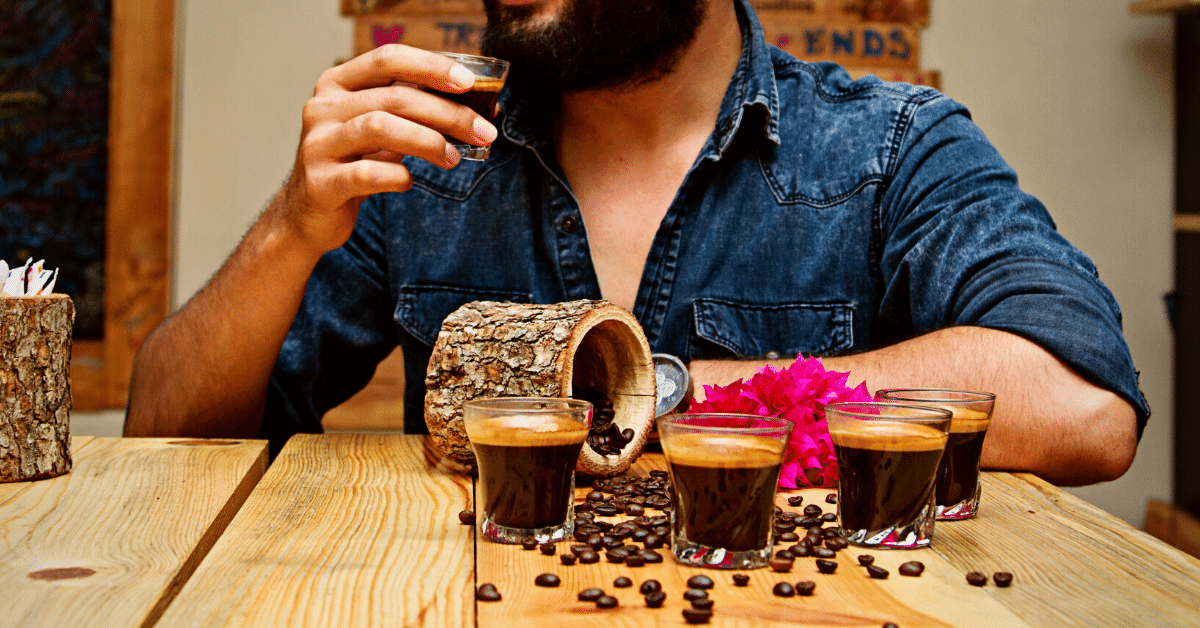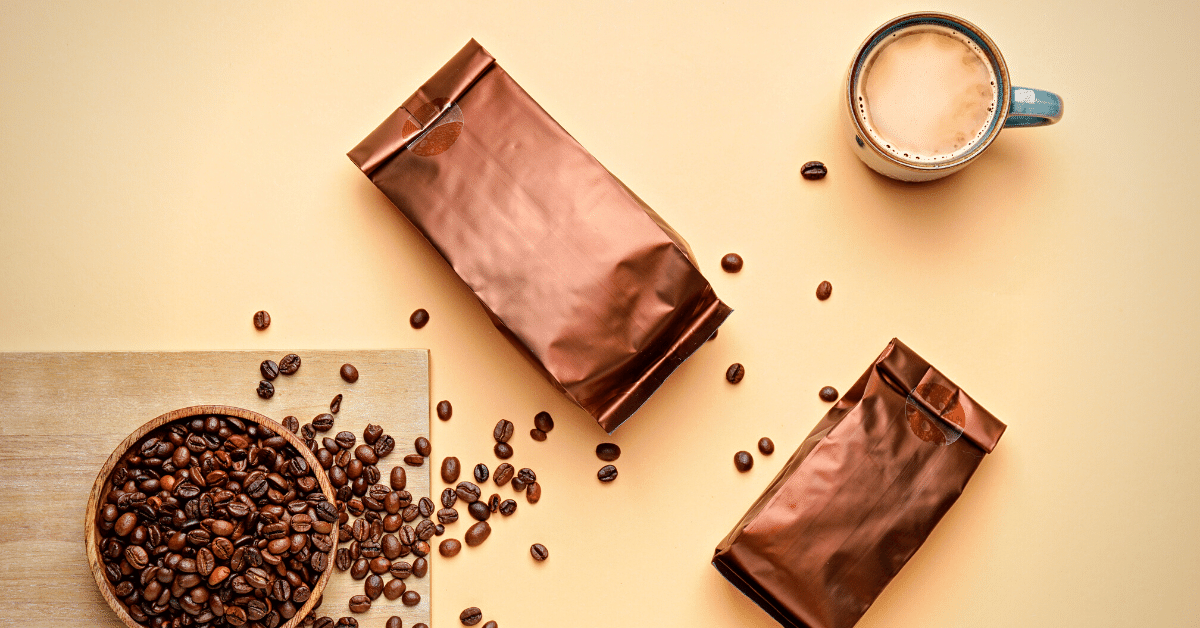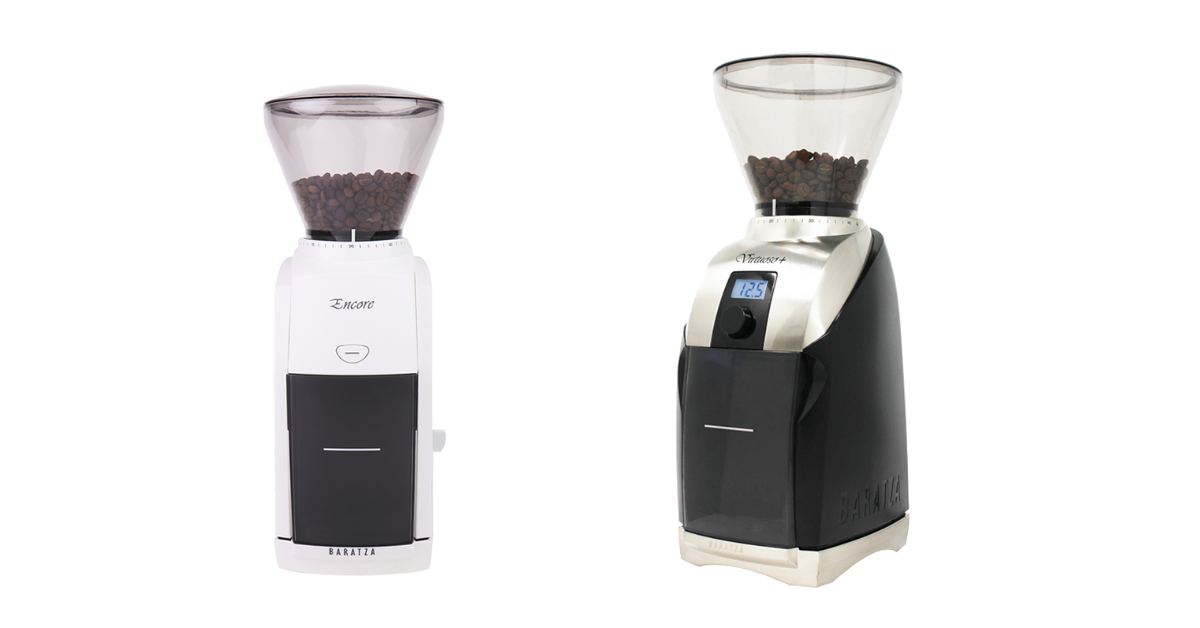You drank a couple of cups of coffee but still feel sleepy?
Naturally, you wonder: why doesn’t coffee wake me up?
I hear you.
It is possible to build up your coffee tolerance or downsized the effect in other ways.
Stick with me, because I will tell you the possible reasons why coffee doesn’t work for you. Also, I will give you some tips to solve this situation.
Let’s start!
7 Reasons Why Coffee Doesn’t Wake You Up
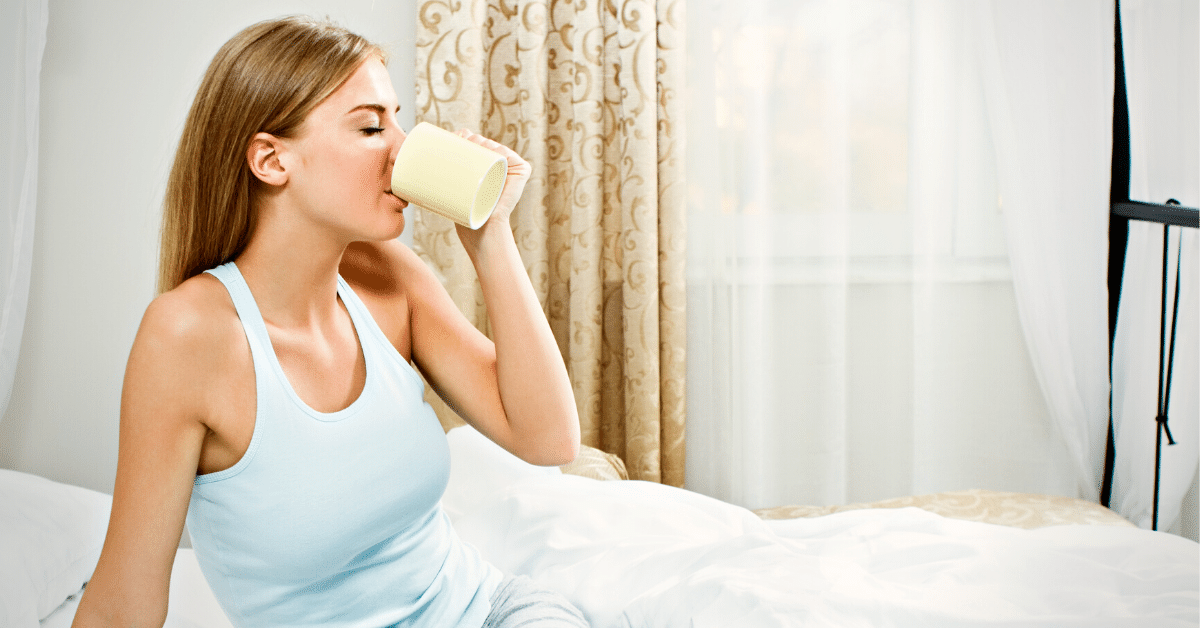
Millions of people rely on the power of coffee to shake and wake them up every morning. I cannot imagine my day of studying and writing without coffee.
Coffee gives you the kick, buzz, and alertness.
But, what if coffee doesn’t work its magic on you?
There are multiple possible reasons why coffee doesn’t affect you.
In order to figure out what the problem is in your case, you have to understand how exactly coffee works.
Contrary to popular opinion, coffee doesn’t give you energy. Only food gives energy to your body.
What makes you feel that kick and alertness, and the hype is actually caffeine.
We can freely say that caffeine is the most used psychoactive substance all over the world. Besides coffee, caffeine can be found in energy drinks, teas, soda drinks, and even in chocolate.
Caffeine is a stimulant that affects your brain and nervous systems. It increases your cognitive functions, attention, and alertness. But, it doesn’t actually make you less tired.
When you drink coffee, your liver will metabolize caffeine from the coffee.
Although you can feel the effect of coffee from 4 to 6 hours, caffeine stays in and affects your body for much longer.
For example, your body needs about 40 hours to totally process 200 mg of caffeine.
Yet, you will feel the first effects in just about 30 to 60 minutes. That is the caffeine that your liver couldn’t metabolize and end up in your brain.
And what caffeine does in your brain is truly fascinating.
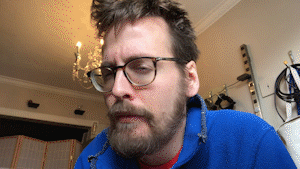
Conveniently, caffeine molecules have the same form as adenosine molecules.
Adenosine is an inhibitory neurotransmitter that plays a huge role in the sleeping cycle.
When we are awake, the level of adenosine in our brain grows every hour. When the level of adenosine is high, it binds to its special receptors.
This reaction tells our body that we need to rest and sleep and makes us drowsy.
When you drink coffee, caffeine molecules in your brain bind to adenosine receptors. This way, it is literally blocking you from feeling tired.
Also, caffeine can screw up your dopamine level. It is also a neurotransmitter that triggers your “reward center”. Caffeine makes more dopamine molecules bind to its receptors. As a result, you will feel happy and pleased.
One chemical reaction in your brain leads to another, and, bum, you are awake! But you aren’t actually rested. You just can’t feel tired.
But, what if coffee doesn’t help? Let’s look at what could be the reason for your caffeine resistance.
You’re dehydrated

Recent studies say that although caffeine is a mild diuretic, it doesn’t increase the chances of dehydration. That means drinking coffee won’t make you more dehydrated.
But, dehydration itself can be a problem. It can cause weakness, headache, dizziness, and lower blood pressure.
A lot of people drink less water than they need. And coffee can’t rehydrate you properly.
So, if you are already dehydrated, there are high chances you will still feel tired after a cup of coffee.
Pay attention to how much water you drink during the day. Also, it’s best to drink a glass of water with your cup of joe.
You’re too tired
Trying to stay awake for too long, and your fourth cup of coffee doesn’t work anymore?
Well, maybe this sounds like an obvious reason, but maybe you’re just too tired.
When your body is too tired, caffeine simply cannot keep you awake forever.
Caffeine molecules shouldn’t block adenosine receptors for too long. If that happens, your brain will fight it.
The brain will start releasing more and more adenosine molecules. And, eventually, adenosine will overpower caffeine molecules.
It is important for you to understand that caffeine isn’t some magic potion that completely eliminates your need for rest. It can’t replace a night of good sleep.
Too much sugar in your coffee
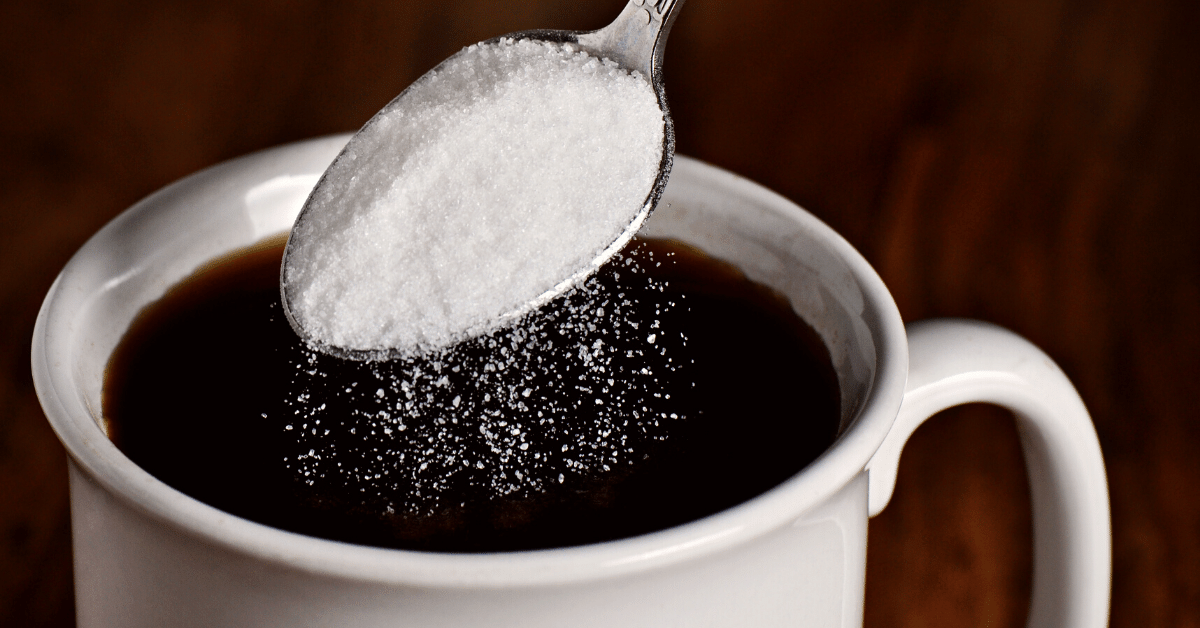
Are you familiar with the term sugar rush?
When you take too much sugar, you can feel a physical impact on your body.
First, your blood sugar will jump fast. But, since it takes a lot of energy to metabolize sugar, it will soon leave you tired and sleepy.
If you are a fan of sweet coffee like me, you should consider how much creamer, syrup, or any other sweetener is in your coffee. You can be surprised by the amount.
When your body deals with caffeine and a high dosage of sugar at the same time, it can be tricky.
Sugar gets metabolized a lot faster than caffeine. So, it is quite possible that the sugar rush will overpower the capacity of caffeine.
If you just can’t drink bitter coffee, try switching the sugar with some healthier alternatives. Some of them have a lower glycemic index than sugar, so they won’t raise your blood sugar levels as much.
NOTE
If you ever run out of granulated sugar and want to sweeten your coffee with powdered sugar, be careful. One spoonful of powdered sugar equals about two spoonfuls of regular sugar.
You have caffeine tolerance
You know those days when you need to be highly productive and end up drinking 6 cups of coffee that doesn’t even affect you anymore?
Been there, done that. When I need more than my usual 2 cups per day to get things done, I know I probably need to chill from coffee for a day or two.
As with any other stimulant, your body can easily build a tolerance to it. So, you will need more to feel the same effect as before.
For an adult human, a healthy dosage is about 400mg of brewed coffee per day.
Of course, consuming caffeine doesn’t affect all people the same. Some people with caffeine sensitivity should drink even less.
Try not to overuse caffeine, because too much can lead to high blood pressure or even a heart attack.
KEEP IN MIND
Not only coffee has caffeine. Include that soda, black tea, and energy drink, too, when you calculate your daily caffeine consumption!
You’ve changed your coffee beans or brewing method
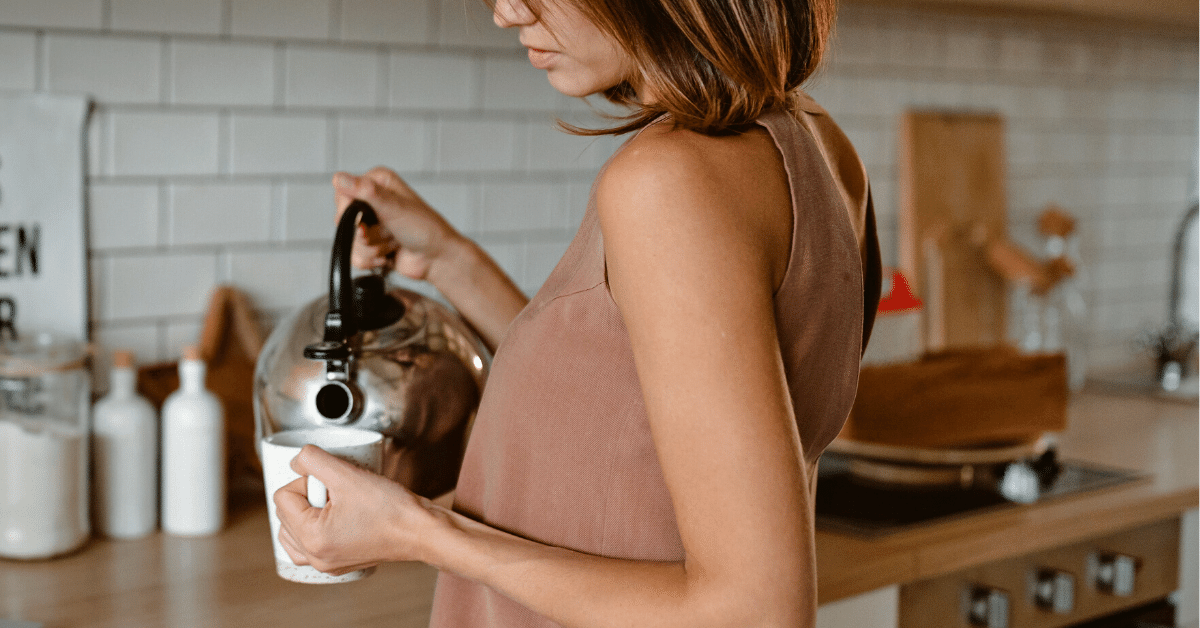
If you changed the type of coffee beans or brewing technique that you use, this can be the reason you don’t feel the same effect as usual.
Not all coffee beans have the same amount of caffeine.
Arabica and robusta are the two most popular types of coffee beans. And, robusta has almost double the amount of caffeine.
The roasting level also plays a role. Lighter roasts have a higher caffeine content than dark roasts.
Also, the brewing method can affect the level of caffeine.
Espresso, Turkish coffee, and Moka pot are known as methods that extract the most caffeine.
And methods that give less caffeinated brews are cold brew, Aero Press, and infusion technique.
So, maybe those are the reason why you don’t feel the effect of your newly picked coffee.
Your metabolism is too fast
Believe it or not, your genetics can be the reason why you don’t have a reaction to coffee.
If you generally don’t feel the effects of caffeine, maybe you metabolize caffeine too fast.
Almost 10% of the people in the world genetically feel caffeine less or don’t feel it at all.
The cause for this is different enzymes in our liver.
The enzyme responsible for metabolizing caffeine is called CYP1A2.
But, recently, scientists have found another form of this enzyme. And this one metabolizes caffeine much faster than the regular one.
That means it will go through your body faster, and you will need more coffee to feel the caffeine kick.
Unfortunately, if you were dealt a bad hand on a genetics game of poker, there is not much you can do about it.
You are taking medication that reduces the caffeine effect
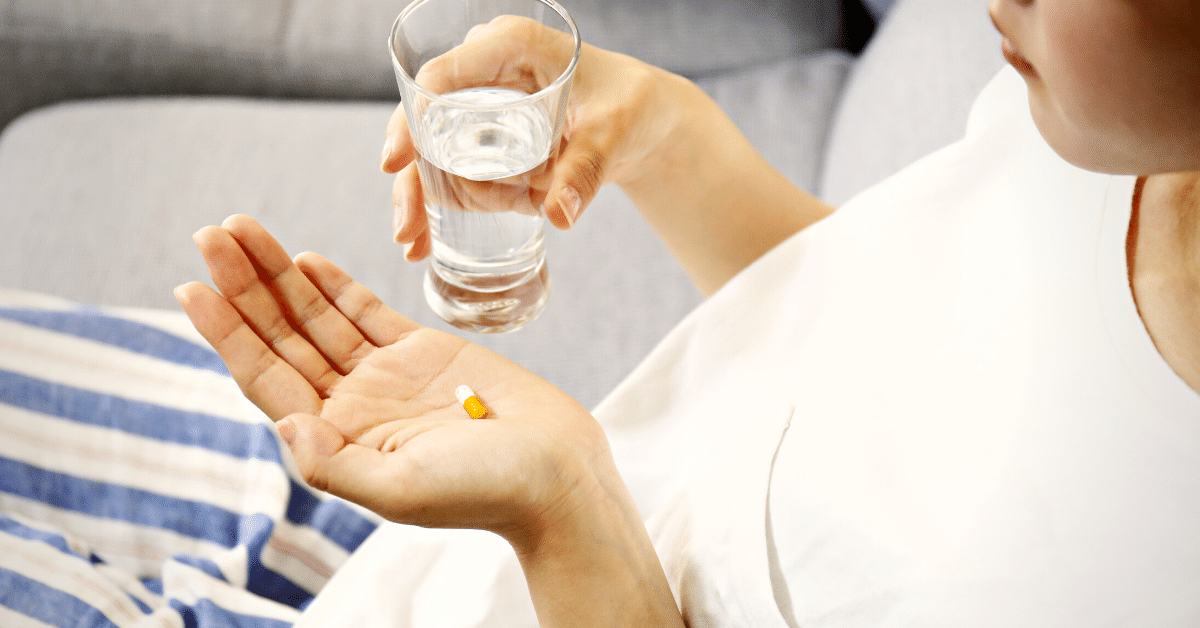
Some medications can affect the way the liver works.
That means that they can affect the way the liver metabolizes caffeine. Because of that, some medications can downsize the effect of caffeine, but some can even boost it.
It would be best to talk about this with your doctor and check if caffeine can interact with your therapy.
What To Do When Coffee Doesn’t Work
Although you can’t change some things, such as your genetics or medical therapy, some of those cases can be fixed.
Get enough sleep
If you’re too tired, no cup of coffee will cure that.
The only way to fix this is to get some well-deserved sleep.
Let your brain rest, and your adenosine level will get down.
You will be way more productive.
Drink more water
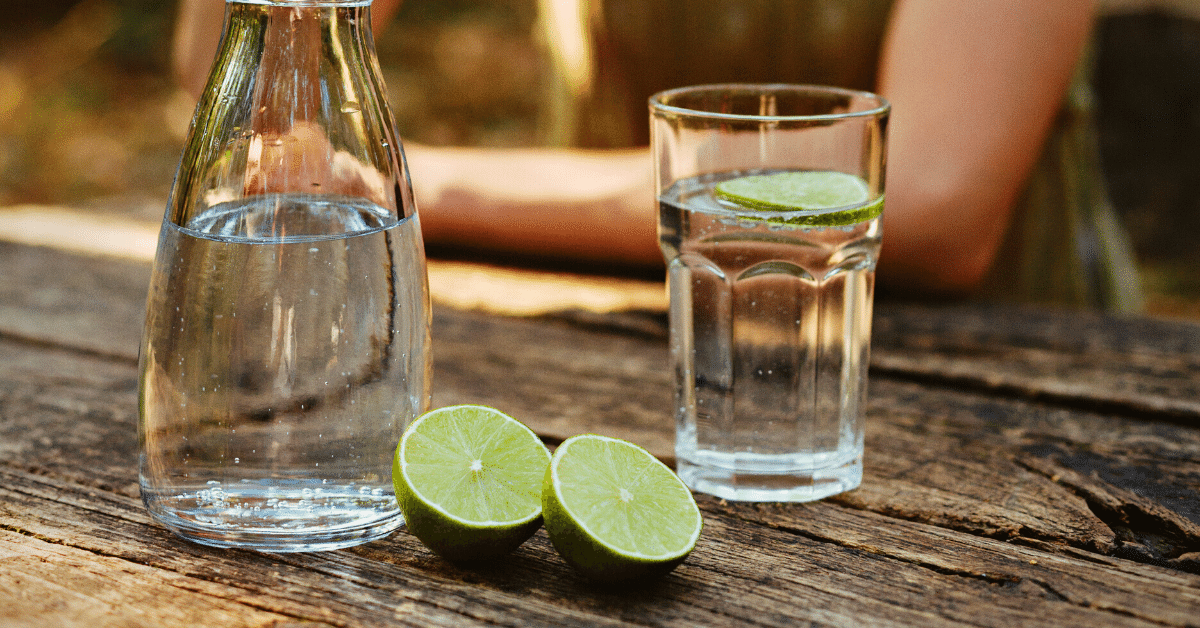
I know it sounds stupid when I tell you to drink more water, but, please do!
Water makes up 70% of your body, and it is crucial for the majority of the processes that happen in your body.
Dehydration will cause some malfunctions in your performance. And, even coffee can’t help you with those.
So, this one is simple – stay hydrated!
Lower or entirely cut the caffeine intake for some time
This one can be tricky.
If you build up your tolerance, the only way to go back to normal is to cut off coffee completely for some time.
I know this sounds too extreme, but it is necessary. Pay attention to energy drinks, sodas, and hot chocolate too.
Also, my advice is to cut it gradually. If you cut it right away, you might feel some withdrawal effects. Some of those can be headaches, grumpiness, irritability, and messed up sleeping cycle.
TIP
If you are still not ready to quit your morning coffee ritual, try decaf coffee. It tastes virtually the same as regular coffee and has almost no caffeine (about 2mg).
Boost your energy in another way
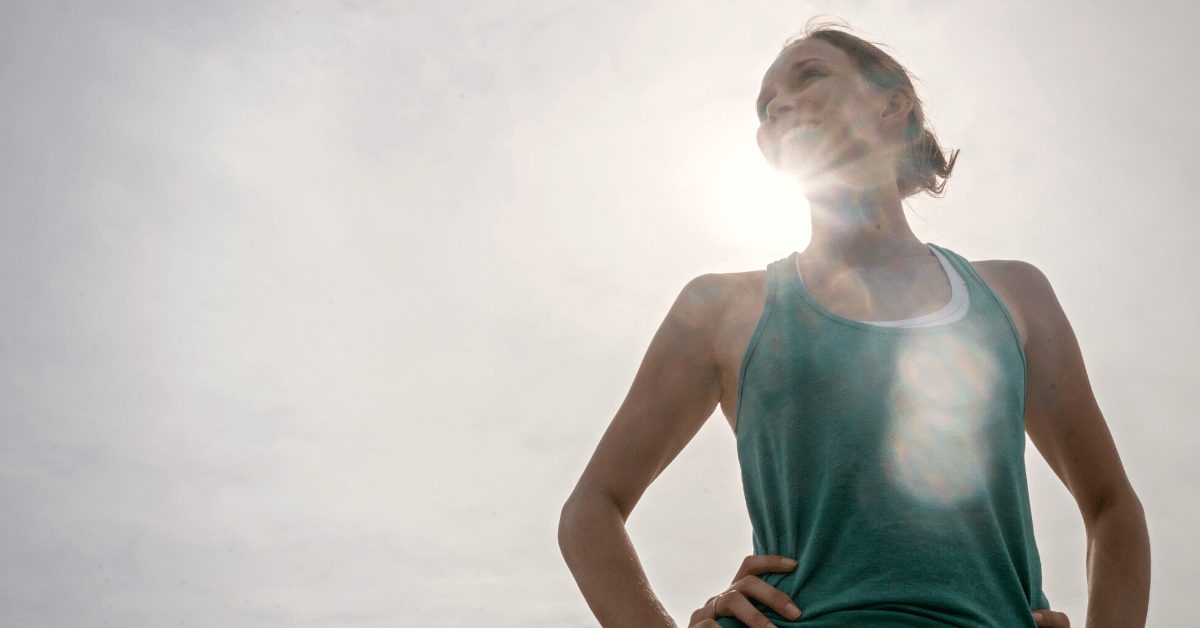
If caffeine isn’t enough for you, maybe you should seek an additional source of energy.
You can improve your energy level in many other ways. I know this sounds harsh, but hear me out.
You can introduce some of those to your daily routine:
- regular sleeping cycle
- physical activity
- hydration
- healthy food
- caffeine alternatives like Ginko Biloba
- spending a few minutes daily in a sunlight
Now, it’s not the same as that delicious cup of joe. But it will definitely energize you in a healthy way.
Conclusion
Bottom line:
Your coffee might lack its effect for a couple of reasons.
If the reason is your genetics, you can try alternative ways to gain energy in life.
But, if the reason is temporary, like tiredness, dehydration, or your high tolerance to caffeine, you can easily fix this.
Take a pause from coffee, have a good sleep, and stay hydrated.
In the end, remember that coffee isn’t a replacement for healthy life habits.
Thinking about taking a break from caffeine? Here’s the list of the best decaf coffees which deliver the taste but without caffeine.

